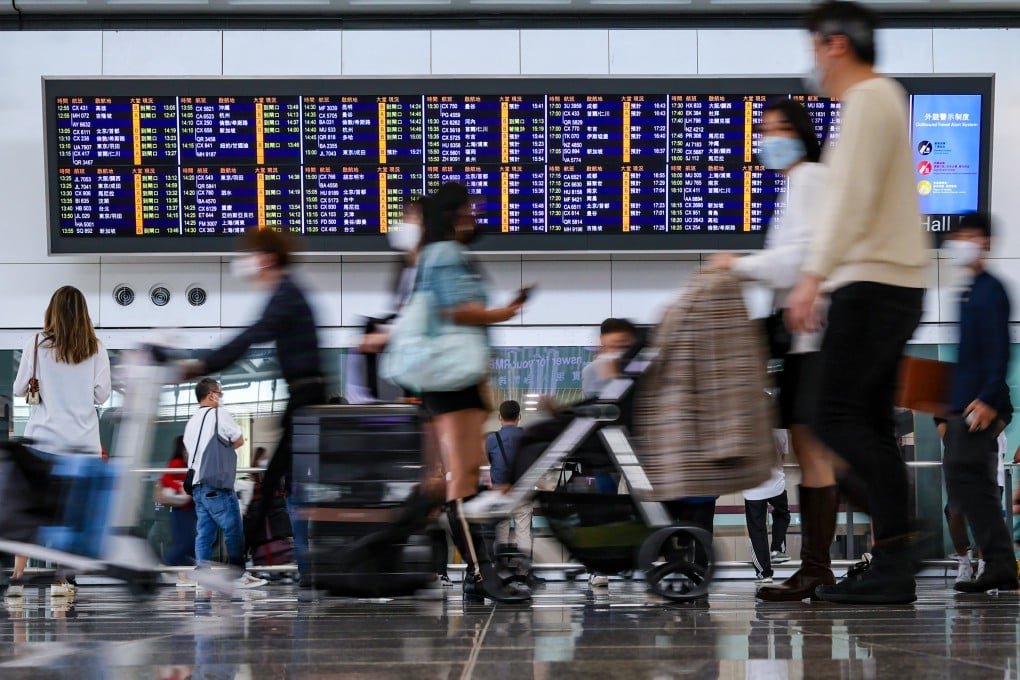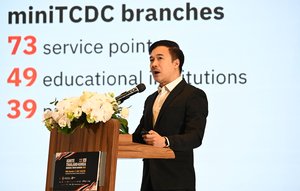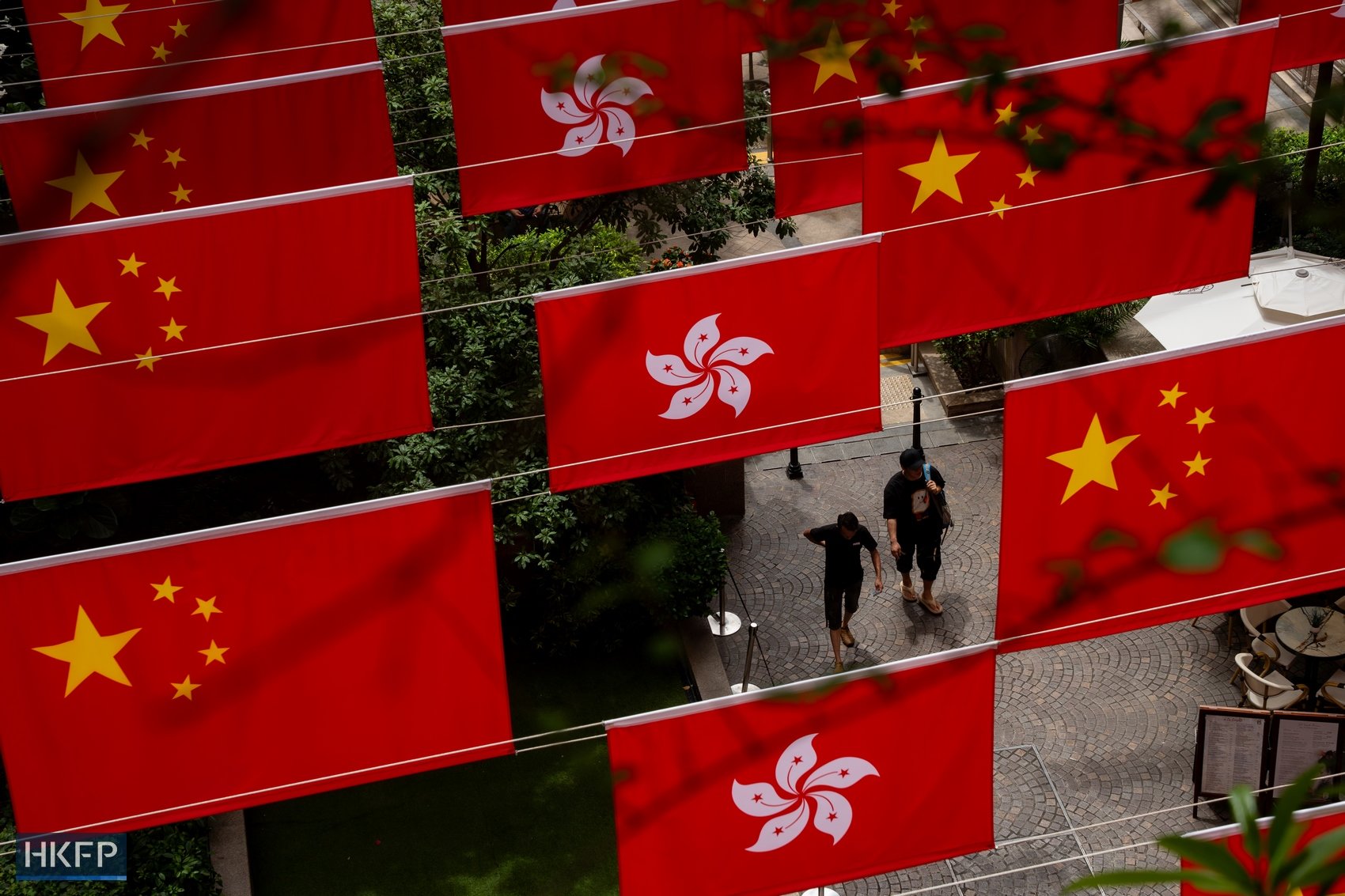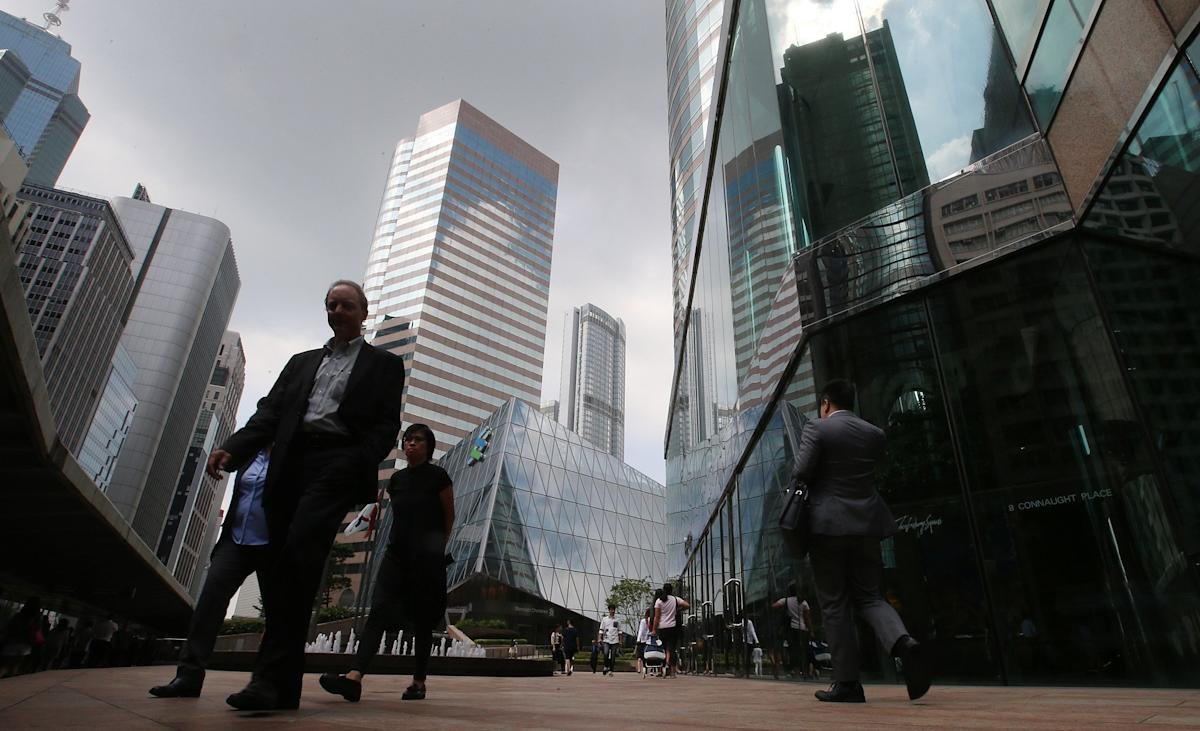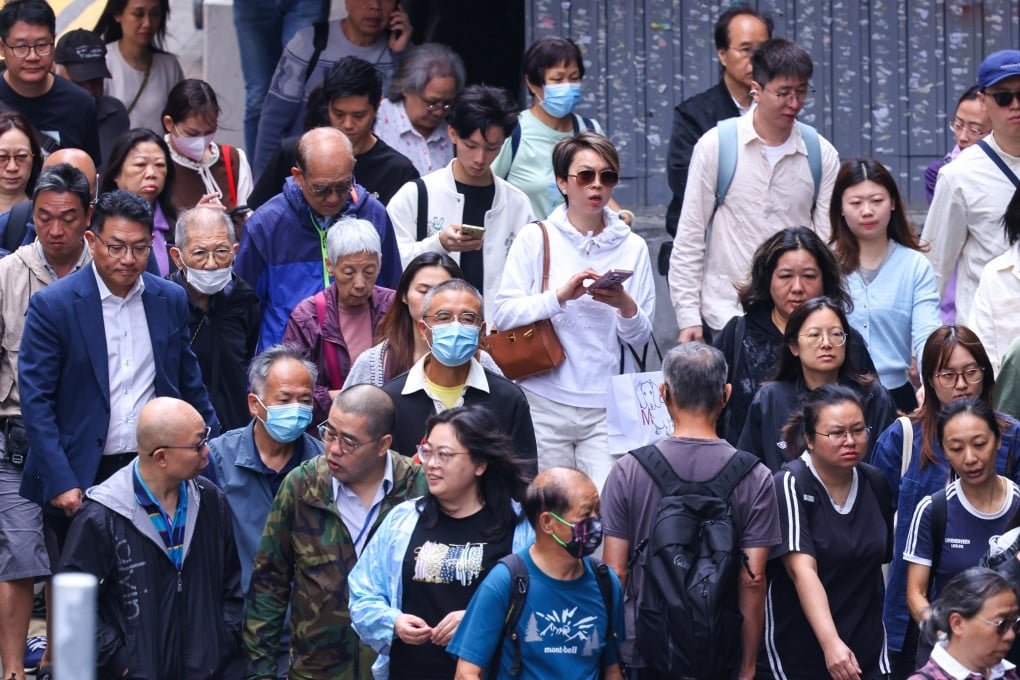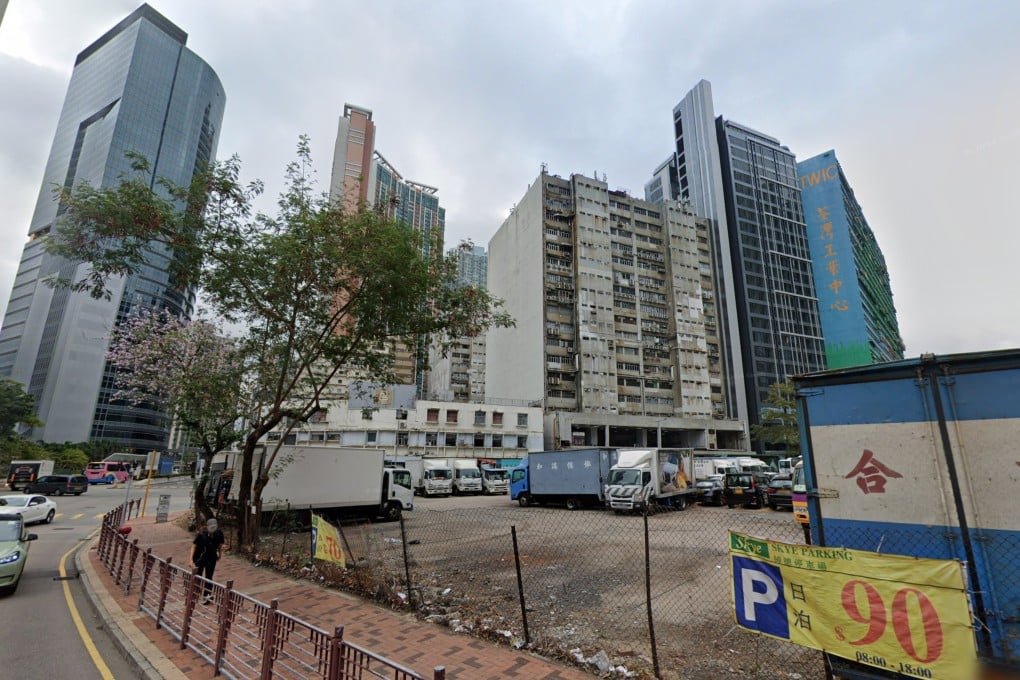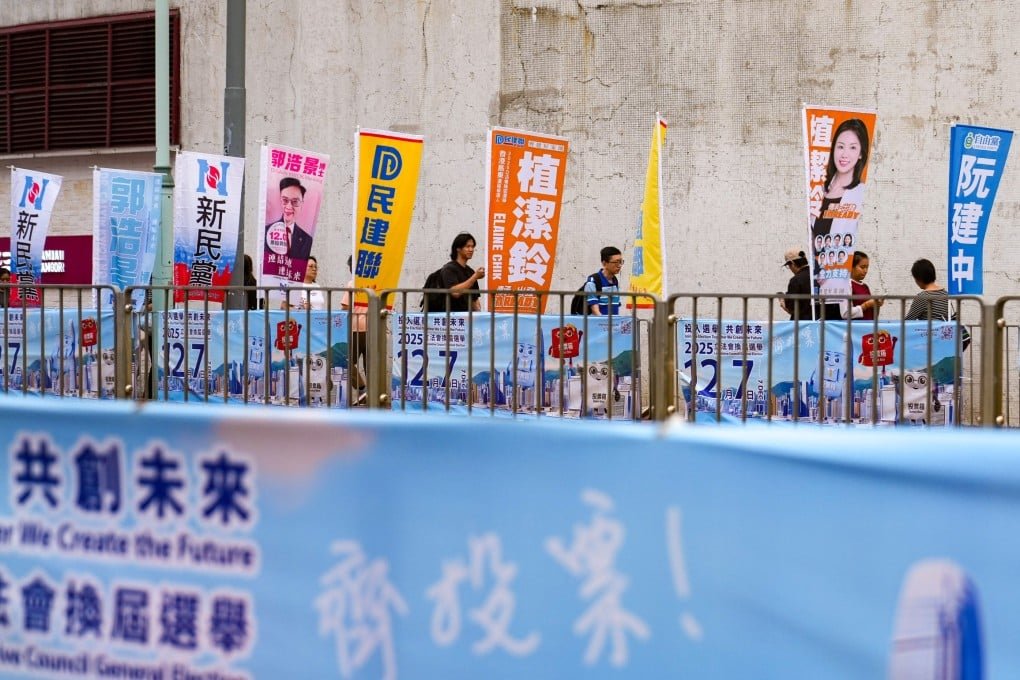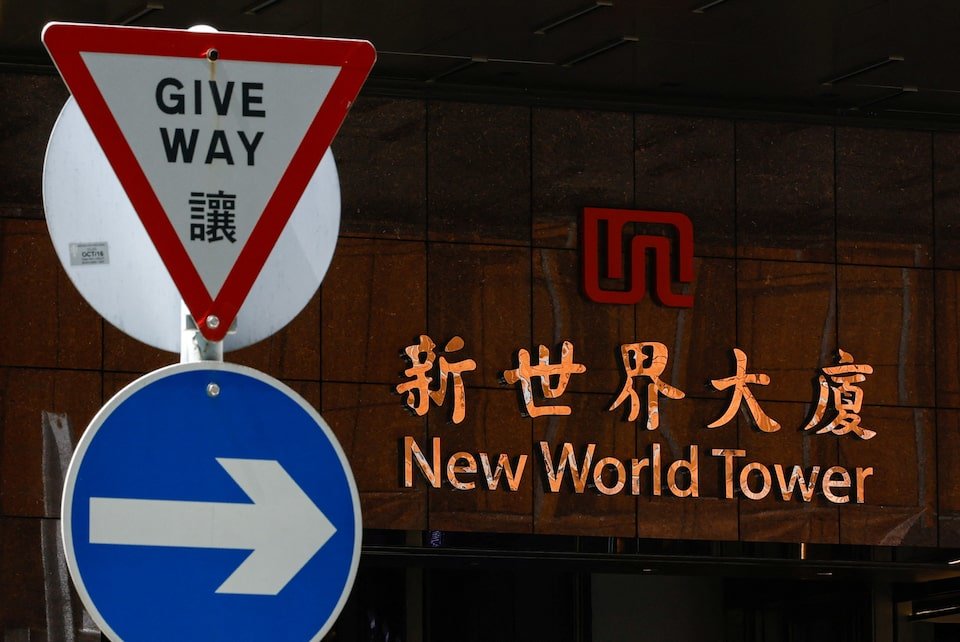
Instead of a criminal conviction, she was placed on a two-year bind-over order and required to post a bond of HK$2,000 (US$256), with charges withdrawn by the Department of Justice.
This lenient outcome stands in stark contrast to a separate case from earlier this year in which a woman convicted of forging a Columbia University degree and falsifying academic records to enter the University of Hong Kong received a 240-day prison sentence.
Li’s application, submitted in October 2023, allegedly included a counterfeit Bachelor’s degree in Economics and Business Administration from Monash University, Australian student-visa documents bearing another person’s name, and other immigration records.
The Immigration Department approved her entry permit on 2 November 2023 and she entered Hong Kong on 22 December 2023. After verification by the Australian Consulate-General, authorities determined the credentials were not legitimate and she was arrested on 23 May 2025.
Under the TTPS, launched in December 2022 to attract top graduates and high-earning professionals, presenting false documents or making false representations is punishable under Hong Kong law by a maximum of HK$150,000 fine and up to fourteen years’ imprisonment.
Despite this, Li’s case was concluded with a bind-over rather than a custodial sentence or conviction.
Legal experts and media observers note that while the prosecution says its approach complies with the Prosecution Code and serves the public interest, the differential outcomes invite criticism regarding transparency and consistency.
In a related development, the Immigration Department uncovered a syndicate accused of arranging at least 22 TTPS applications using forged overseas degrees and other documents.
In July 2025, five Hong Kong residents and 13 mainland applicants were arrested, some alleged to have paid up to HK$2.5 million each to obtain false academic credentials and immigration support.
The case involving Li has prompted calls for the Department of Justice to review its prosecution policy on immigration-document offences and ensure that sentencing and outcomes uphold the principle of equal treatment under the law.
Without consistent deterrence and transparency, public faith in Hong Kong’s rule of law and immigration integrity may be undermined.

